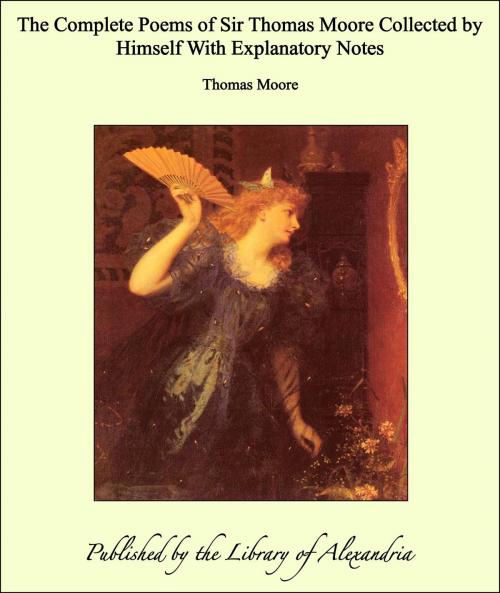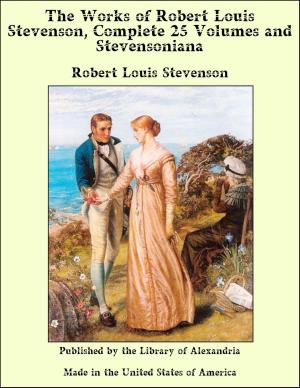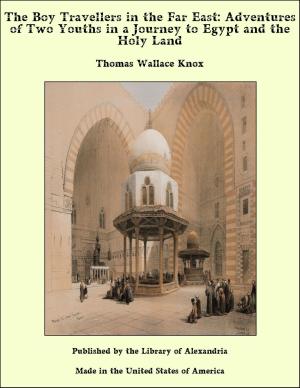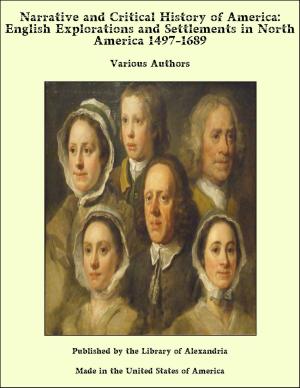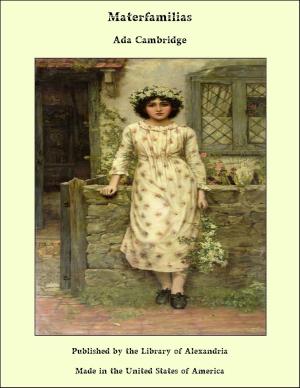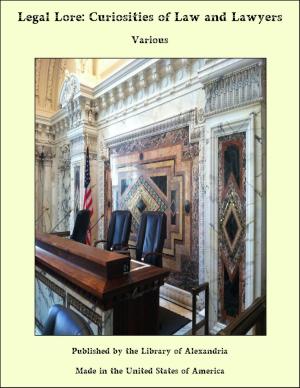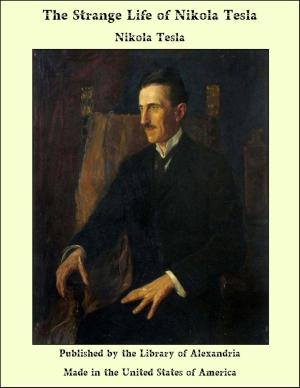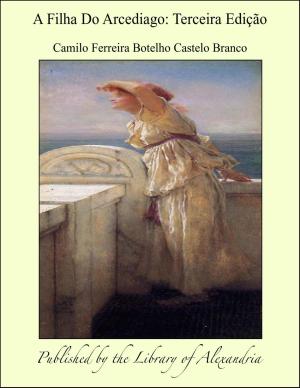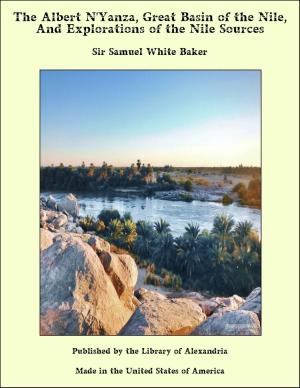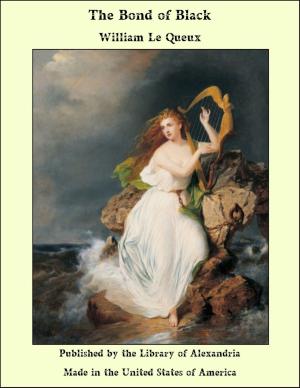The Complete Poems of Sir Thomas Moore Collected by Himself With Explanatory Notes
Nonfiction, Religion & Spirituality, New Age, History, Fiction & Literature| Author: | Thomas Moore | ISBN: | 9781465558299 |
| Publisher: | Library of Alexandria | Publication: | July 29, 2009 |
| Imprint: | Library of Alexandria | Language: | English |
| Author: | Thomas Moore |
| ISBN: | 9781465558299 |
| Publisher: | Library of Alexandria |
| Publication: | July 29, 2009 |
| Imprint: | Library of Alexandria |
| Language: | English |
Thomas received his schooling from Mr. Samuel Whyte, who had been Sheridan's first preceptor, a man of more than average literary culture. He encouraged a taste for acting among the boys: and Moore, naturally intelligent and lively, became a favorite with his master, and a leader in the dramatic recreations. His aptitude for verse appeared at an early age. In 1790 he composed an epilogue to a piece acted at the house of Lady Borrows, in Dublin; and in his fourteenth year he wrote a sonnet to Mr. Whyte, which was published in a Dublin magazine. In 1793 Moore published in the Anthologia Hibernica two pieces of verse; and his budding talents became so far known as to earn him the proud eminence of Laureate to the Gastronomic Club of Dalkey, near Dublin, in 1794. Through his acquaintance with Emmet, he joined the Oratorical Society, and afterwards the more important Historical Society; and he published An Ode on Nothing, with Notes, by Trismegistus Rustifucius, D
Thomas received his schooling from Mr. Samuel Whyte, who had been Sheridan's first preceptor, a man of more than average literary culture. He encouraged a taste for acting among the boys: and Moore, naturally intelligent and lively, became a favorite with his master, and a leader in the dramatic recreations. His aptitude for verse appeared at an early age. In 1790 he composed an epilogue to a piece acted at the house of Lady Borrows, in Dublin; and in his fourteenth year he wrote a sonnet to Mr. Whyte, which was published in a Dublin magazine. In 1793 Moore published in the Anthologia Hibernica two pieces of verse; and his budding talents became so far known as to earn him the proud eminence of Laureate to the Gastronomic Club of Dalkey, near Dublin, in 1794. Through his acquaintance with Emmet, he joined the Oratorical Society, and afterwards the more important Historical Society; and he published An Ode on Nothing, with Notes, by Trismegistus Rustifucius, D
